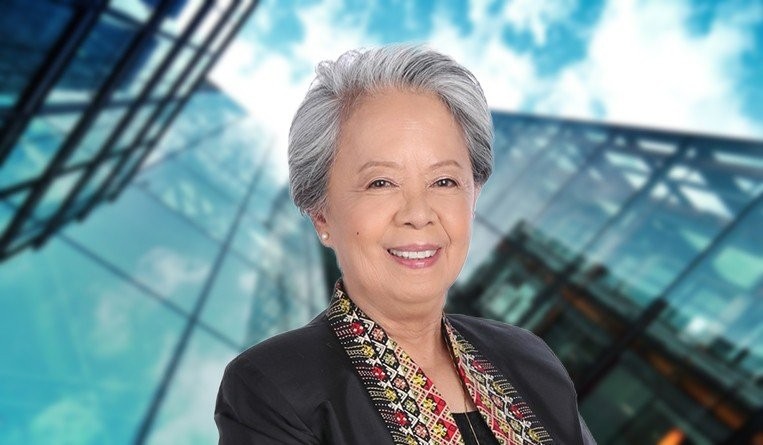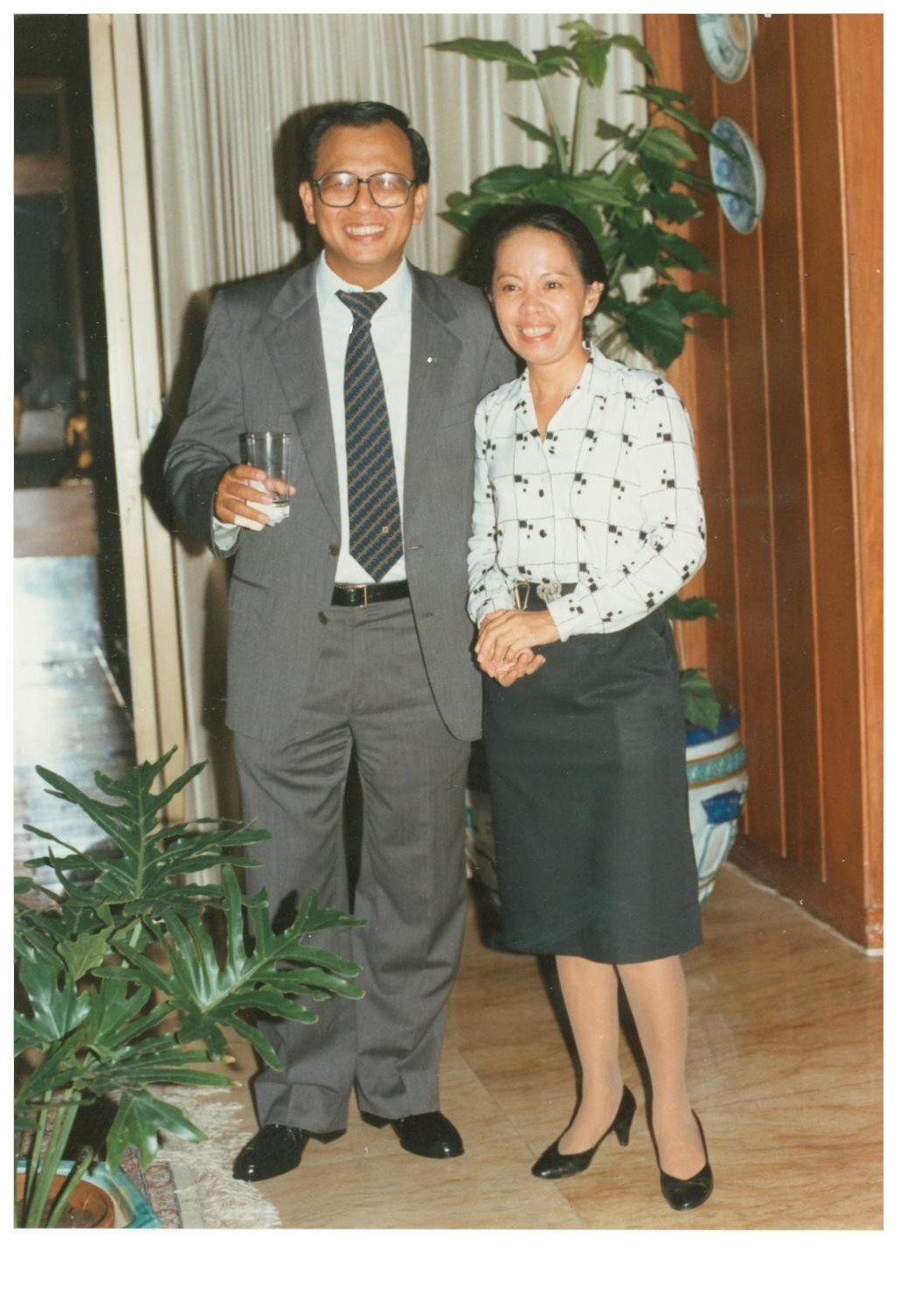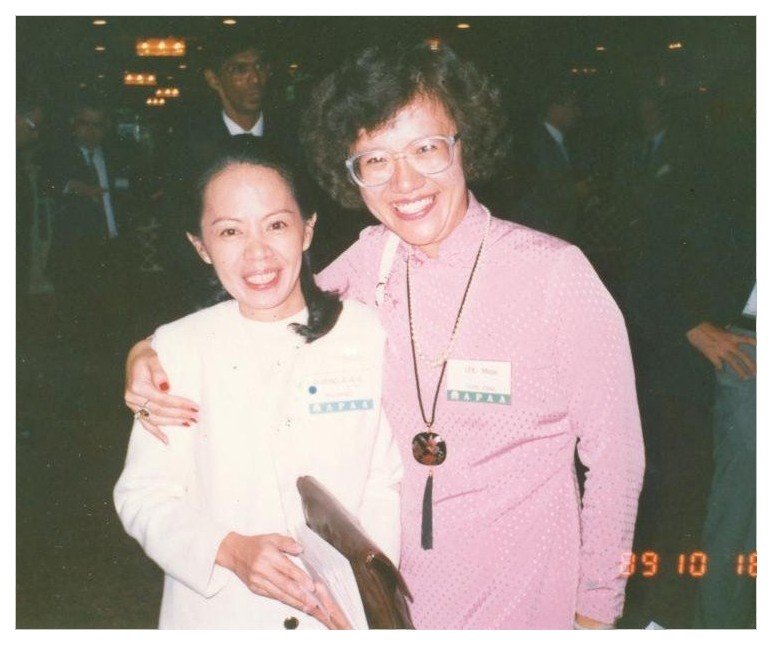Aleli Angela Quirino: A toughie in the time of gender parity
31 March 2020
 By Espie Angelica A. de Leon.
By Espie Angelica A. de Leon.
In the Philippines, women are generally regarded as men’s equals in the workplace. This attitude has pushed women to break into their fields of endeavour and succeed alongside the men.
This hasn’t always been the case, says Aleli Angela G. Quirino, of counsel at Angara Abello Concepcion Regala & Cruz in Manila (ACCRALAW).
.jpg)
Quirino recalls the time in law school when a good-looking-but-smart female classmate was ridiculed by their male law professor. For some reason, the girl was stuttering as she recited her assignment.
“I think you are more suited to take up cosmetology or to count hairpins,” said the professor.
In defense of her classmate, Quirino courageously spoke up. “Give the girl a chance,” she told their professor. “She’s already crying.”
Quirino has always fought for people’s rights. Because of this, her father, who was also a lawyer, encouraged her to take up law.
Thus, Aleli Angela Quirino became the first in her generation of Quirinos to become a lawyer. She is also the first female in the family to become one – in a family composed mostly of lawyers. They include her father, Judge Antonio Quirino, and her uncle, former Philippine President Elpidio Quirino.
Quirino entered the legal profession in 1985 at the age of 40. At the time she became a lawyer, a few gender issues still persisted, she says.

At a meeting for an enforcement case, for instance, her Japanese client regularly addressed the male American investigator instead of addressing Quirino who, as head of the firm’s legal team, was seated at the head of the table across from the client. She then invited the client to step outside the room so they could talk privately.
“Do you have a problem dealing with me because I’m a woman? If that’s a problem, I’ll put in a male partner,” she told the client, before telling him that she felt offended by his behaviour. The Japanese client apologized and thereafter became a good friend and a faithful client, she says.
With fellow Filipinos however, gender is generally a non-issue.
Quirino joined ACCRALAW from the corporate world. The following year, she was invited to join the firm’s administrative department, which included its Patents, Trademarks and Copyright Division (PTC). Quirino says that having studied in Europe was a key contributor to her receiving that invitation, given her fluency in languages and extensive travels and IP being an international practice.
At that time, however, the administrative department was focused on multiple areas outside litigation and special projects, not just IP.
In 1988, upon her prodding, the PTC Division was spun off to a department dedicated solely to IP. Thus was established the firm’s intellectual property department, and Quirino was appointed IP monitor. In 1991, she became a partner of the firm and, in 1992, she became the head of the department, a position she held until 2007.
“It was always looked on as a minor department,” she says, “but our importance to the firm grew through the years.”

Quirino recalls that at one point, five of seven departments at ACCRALAW were led by women; currently, three are headed by female partners. The firm’s co-managing partner and its Davao office’s resident partner are also women.
She attributes this to the extra touch provided by a female leader, the sense of caring for everyone’s welfare and the ready smile on her face when the situation calls for it.
“In court, for example, we can use our charms to good effect. If the men do this, they think it’s a show of weakness,” she says, “but for us women, it is not.”
Quirino also served as president and chairman of the Intellectual Property Association of the Philippines and held positions in international associations, foremost of which is the presidency of the ASEAN Intellectual Property Association.
Yet, stereotypes remain.
For one, IP enforcement still prefers male participation due to the long hours and the dangers involved. Furthermore, married female lawyers may not always be available because they have to juggle family and work responsibilities.
“For Philippine women, family always comes first,” Quirino explains.
However, she is proud to say that ACCRALAW’s current crop of young female lawyers is a different bunch.
“They’re tough and can be sent to do enforcement work, and we would not worry. They’re not going to bother the men to take care of them,” she says. “They’ll take care of themselves.”
For sure they will, just like Quirino took care of things and herself in the early years when gender bias arose. And with gender equality now present in workplaces in the Philippines, women lawyers in the country will continue being tough, assertive and professionally successful. Just like Aleli Angela G. Quirino.






